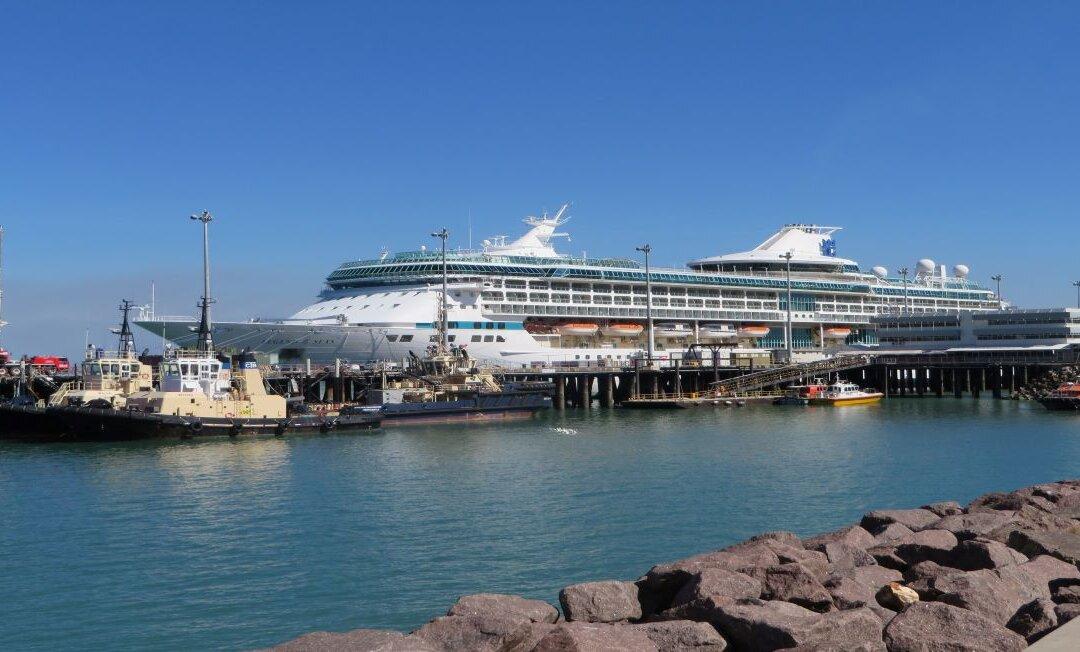The Australian government should consider cancelling the 99-year lease of the Port of Darwin to a Chinese firm if the deal is found to undermine Australia’s national interest, according to a parliamentary committee’s recommendation.
The Joint Standing Committee on Trade and Investment Growth on Wednesday released a report examining Australia’s national interest and security in trade and investment.




